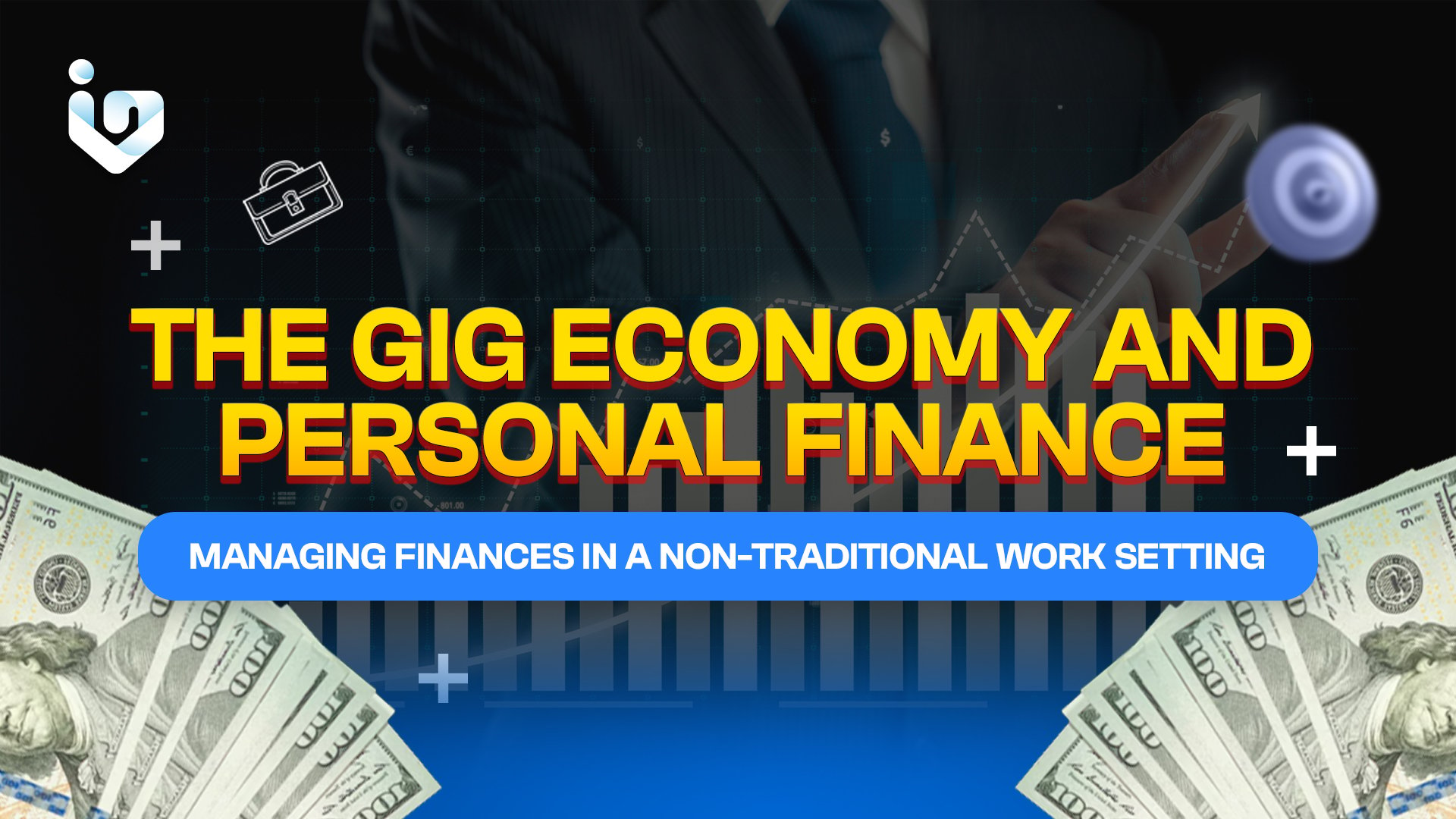The gig economy has redefined the traditional workspace, ushering in a new era of freelance jobs, flexible hours, and multiple income streams. This seismic shift in work culture has profound implications for personal finance management. This article explores the strategies and considerations for navigating the financial landscape of the gig economy.
Embracing the Gig Economy
The gig economy offers a plethora of opportunities for those seeking flexibility and variety in their work. It allows individuals to take control of their careers, work on diverse projects, and often, work remotely. However, this freedom comes with the responsibility of managing one’s own finances without the safety net of a regular paycheck.
Income Fluctuation: The New Normal
One of the hallmarks of gig work is income fluctuation. Unlike traditional jobs with steady paychecks, gig workers must adapt to varying income levels. This requires a proactive approach to budgeting, ensuring that essentials are covered during lean periods.
Budgeting for the Irregular Income
Creating a budget for irregular income starts with understanding your baseline expenses. Calculate your monthly necessities, such as rent, utilities, groceries, and insurance. Aim to keep a buffer in your savings to cover these expenses during months when income dips.
The Importance of an Emergency Fund
An emergency fund is crucial in the gig economy. Financial advisors typically recommend saving three to six months’ worth of living expenses. This fund acts as a financial shock absorber, providing stability during unexpected events or dry spells in work.
Retirement Planning on Your Own Terms
Without employer-sponsored retirement plans, gig workers must take retirement planning into their own hands. Options like Individual Retirement Accounts (IRAs) or solo 401(k)s are valuable tools for building a retirement nest egg.
Navigating Taxes as a Gig Worker
Gig workers are considered self-employed, which means they are responsible for their own taxes, including self-employment tax. It’s essential to set aside a portion of each payment for taxes and make estimated quarterly tax payments to avoid penalties.
Health Insurance Without an Employer
Health insurance is another critical consideration. Without employer-provided benefits, gig workers must find their own coverage. Marketplaces created by the Affordable Care Act provide various options, but it’s important to budget for this expense.
Investing in Your Skills and Tools
Investing in yourself is vital in the gig economy. This means allocating funds for ongoing education, certifications, and the tools of your trade. These investments can lead to higher-paying gigs and career growth.
Diversifying Income Streams
Diversification is key to financial stability in the gig economy. Having multiple income streams can cushion the blow if one gig ends unexpectedly. It also provides opportunities to explore different interests and skills.
Building a Professional Network
Networking is essential for gig workers. Building relationships can lead to new opportunities and collaborations. Attend industry events, join online communities, and connect with peers to expand your professional circle.
Managing Debt Wisely
Debt management is another important aspect of financial health. Prioritize paying off high-interest debts and avoid taking on unnecessary debt. A solid credit score can be beneficial for securing loans for business investments or major purchases.
Conclusion
The gig economy is here to stay, and it requires a fresh approach to personal finance. By understanding the unique challenges and opportunities it presents, gig workers can thrive financially. Budgeting, saving, investing in oneself, and planning for the future are the cornerstones of financial success in this non-traditional work setting. With discipline and foresight, anyone can navigate the financial waves of the gig economy and sail towards a secure financial horizon.
